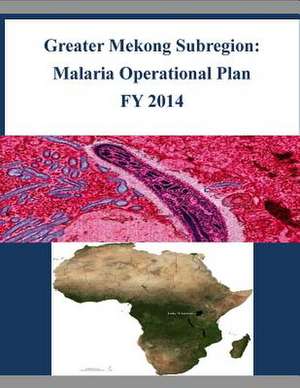Greater Mekong Subregion
Autor United States Agency of International Deen Limba Engleză Paperback
| Toate formatele și edițiile | Preț | Express |
|---|---|---|
| Paperback (2) | 87.51 lei 3-5 săpt. | |
| CREATESPACE – | 87.51 lei 3-5 săpt. | |
| CREATESPACE – | 104.09 lei 3-5 săpt. |
Preț: 87.51 lei
Nou
Puncte Express: 131
Preț estimativ în valută:
16.75€ • 17.91$ • 13.96£
16.75€ • 17.91$ • 13.96£
Carte disponibilă
Livrare economică 28 martie-11 aprilie
Preluare comenzi: 021 569.72.76
Specificații
ISBN-13: 9781503052758
ISBN-10: 1503052753
Pagini: 92
Dimensiuni: 216 x 279 x 5 mm
Greutate: 0.24 kg
Editura: CREATESPACE
ISBN-10: 1503052753
Pagini: 92
Dimensiuni: 216 x 279 x 5 mm
Greutate: 0.24 kg
Editura: CREATESPACE
